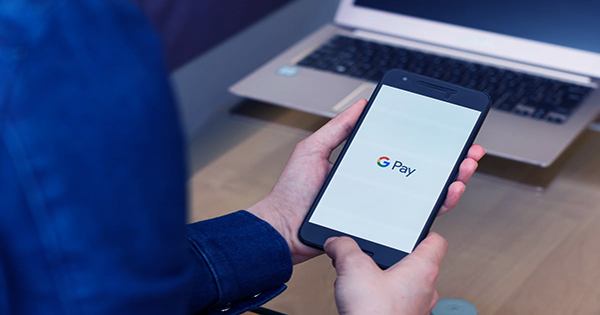Three-and-a-half years after the launch of Google Pay in India, the Android-maker is paving the way for tapping its user transaction data for monetization – although they plan to give them adequate caution and the option to opt-out. Google said Thursday that it would create an update to Google next week that will ask users to choose whether they want to share data with the company. Google currently uses limited user databased on their use in the application clearly display relevant offers.
However, the company has not yet used its user transaction data for financial purposes. That changes next week. Users can block Google from using their data, even non-transactional ones, the company said. In addition, by default, users thought to have chosen to share their data with Google, the company said. However, for users who agree to share data with Google, the company will use it using personalized offers.
The company insisted it would not display ads to pay users and reiterated that it would not sell their data to anyone and that the transaction history would not shared with any other Google product for advertising purposes. Ambarish Kenghe, VP of Google’s product management, told TechCrunch in an interview that both new and existing – Google is giving users this option so they have a better idea of what data they’re sharing with Google. Users can choose to change their mind later, and they can choose to delete records of certain transactions.
Those who do not agree to share data with Google will not lose access to any features of the Pay app, the company said. The move is not in response to any regulatory notice from New Delhi, Kenghe said. For the price of it, many apps in the country tap the user transaction history for their deals – and sometimes even go to the final length. In addition, unlike Google, it has rarely been transparent. “We sincerely hope that people will easily appreciate the ability to view and control how their data is used and enjoy the delightful product experience no matter what choices they make to get to Google,” Kenghe wrote in a blog post.
“As India adopts digital payments, we continue to raise barriers to state-of-the-art data security and privacy, and we are committed to bringing this industry to account for how users use their data.” Competing with Walmart -backed PhonePe and Softbank-backed Paytm in India, Google has earned millions of users in its payment app across the country. Despite the scale, however, Google Pay does not make any money for peer-to-peer transactions among users because the underlying railroad – UPI – does not support any business model.















